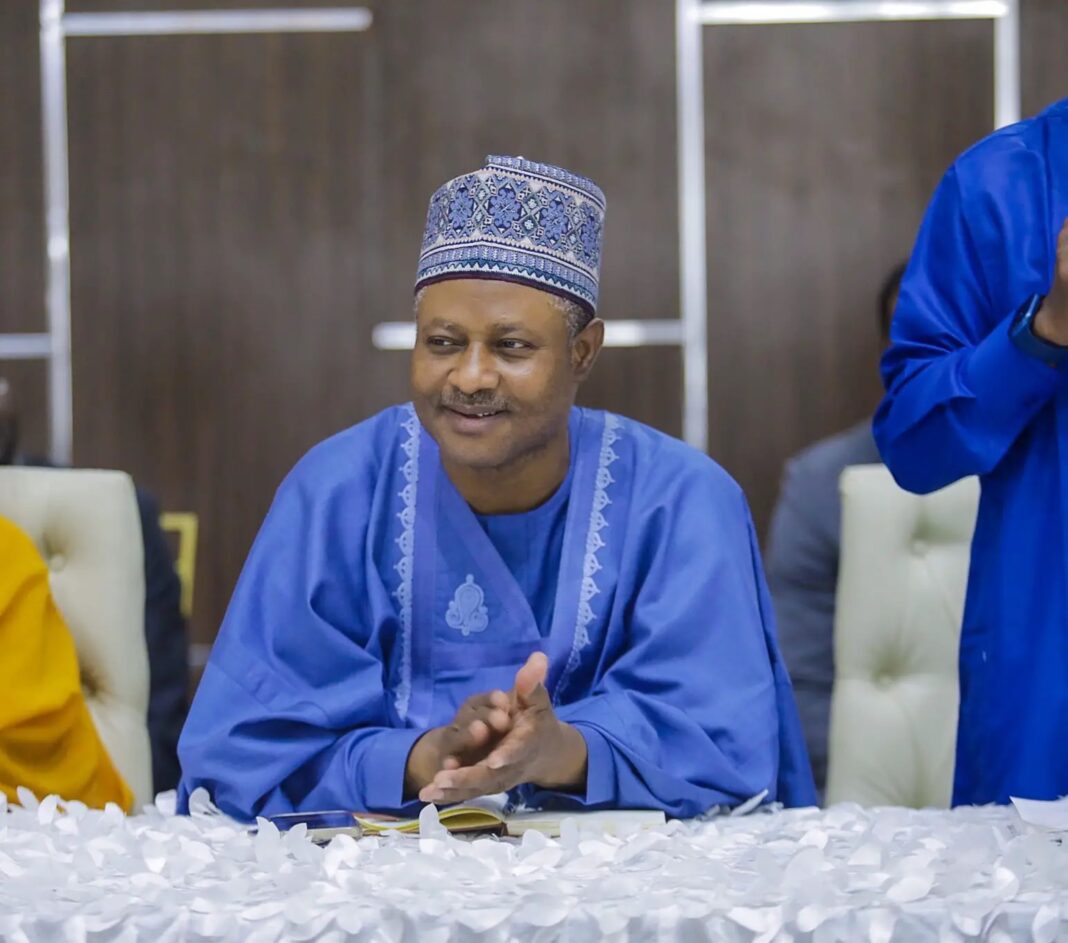Governor Uba Sani of Kaduna has been commended for providing policy support for the Livestock Productivity and Resilience Support, L-PRES, project supported by the World Bank in the state.
The state coordinator of L-PRES, Salisu Shittu-Hashim, gave the commendation in a press statement issued on Monday.
According to him, the state government has always provided its counterpart funding for the project.
Mr Hashim also expressed gratitude to the governor for flagging off the distribution of equipment such as fodder choppers, residue crushers, and tricycles to sedentary pastoralist communities and clusters that have been profiled by the project.
The coordinator revealed that L-PRES has upgraded the four grazing reserves in Kaduna State by providing solar-powered boreholes in each of them, reserving land, and supplying seeds for planting animal feed.
He emphasised that providing water points will not only minimise farmer-herder conflicts but also increase the quantity and quality of milk production in cattle.
The statement recalled that the Kaduna office of L-PRES has provided a baling machine, a mower, and other supporting equipment to the National Livestock Transformation Program,NLTP, at the Laduga Grazing Reserve.
“So far, we have conducted training and capacity-building for over 2,000 livestock farmers on disease identification, prevention, and control, as well as strategies to improve livestock production and market linkage. These trainings have positively impacted the lives of farmers,” he said.
Mr Hashim also revealed that L-PRES has donated 450,000 doses of anthrax vaccines to the Kaduna State Ministry of Agriculture, enabling the free vaccination of livestock against the disease and other transboundary animal diseases.
Additionally, the L-PRES Coordinator appreciated the efforts of the Kaduna State Commissioner for Agriculture, Murtala Dabo, for his unwavering support and commitment to the success of the project.
He noted that the commissioner’s leadership has been instrumental in ensuring smooth implementation and alignment with the state’s broader agricultural development goals.
The statement further stated that L-PRES had instituted a Conflict Resolution and Grievance Redress Committee to receive, review, and address complaints or grievances raised by individuals or groups affected by the project’s operations.






